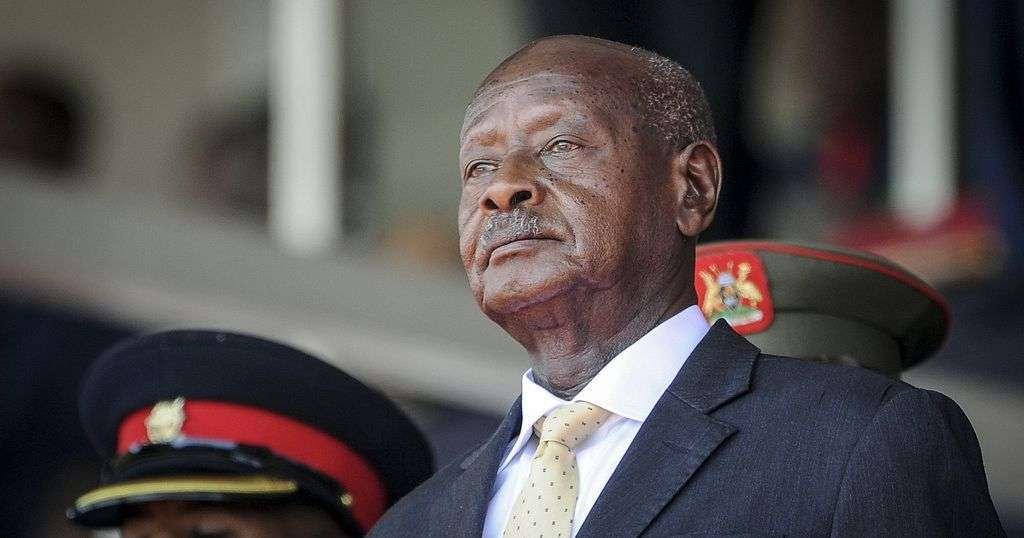Kampala, Uganda – (African Boulevard News) – President Yoweri Museveni of Uganda has downplayed the country’s recent expulsion from the African Growth and Opportunities Act (AGOA), a tariff-free trade programme initiated by the United States. Uganda was one of four countries cut from the programme, which aims to promote economic growth and development in Africa.
The decision to remove Uganda from AGOA came as a result of concerns over the country’s human rights record and the government’s crackdown on political dissent. Despite this setback, President Museveni remains optimistic and confident in Uganda’s ability to withstand the consequences.
In a recent statement, President Museveni emphasized that Uganda’s economy relies on its vast domestic market, which is driven by agriculture and local consumption. He expressed his belief that the country would not be greatly affected by the expulsion from AGOA, stating, “We don’t need AGOA; we have the biggest market here.”
While it is true that Uganda has a strong domestic market, the expulsion from AGOA will undoubtedly have an impact on the country’s exporters and foreign investors. AGOA provides Ugandan businesses with a competitive advantage in accessing the lucrative American market by eliminating tariffs on goods such as textiles, apparel, and agricultural products.
Industry experts and economists have expressed concern about the potential negative effects of Uganda’s expulsion from AGOA. Dr. Ebunoluwa Olawale, an economist at the University of Kampala, warns that the loss of preferential access to the US market could lead to a decline in foreign direct investment and a decrease in export revenues.
Olawale explains, “AGOA provided Ugandan exporters with a significant advantage over competitors from non-AGOA countries. Without this preferential treatment, Uganda’s exporters will face higher trade barriers and increased competition.”
Ugandan exporters will now have to compete on an equal playing field with countries that still enjoy AGOA benefits. This shift poses a significant challenge for Uganda’s export sector, which heavily relies on the US market for its growth and profitability.
To mitigate the impact of its exclusion from AGOA, the Ugandan government has pledged to diversify its export markets and strengthen regional trade partnerships. President Museveni has also highlighted the need for investment in value-addition industries and local manufacturing, to reduce Uganda’s dependence on raw material exports.
However, it remains to be seen whether these measures will be sufficient to offset the consequences of Uganda’s expulsion from AGOA. The government will need to address the underlying concerns regarding human rights and political freedoms if it hopes to regain access to this crucial trade programme.
In the meantime, Ugandan exporters will have to work harder to explore new trade opportunities, both regionally and globally, in order to sustain and grow their businesses. The impact of Uganda’s expulsion from AGOA serves as a reminder of the importance of maintaining international trade relations while addressing domestic challenges.

